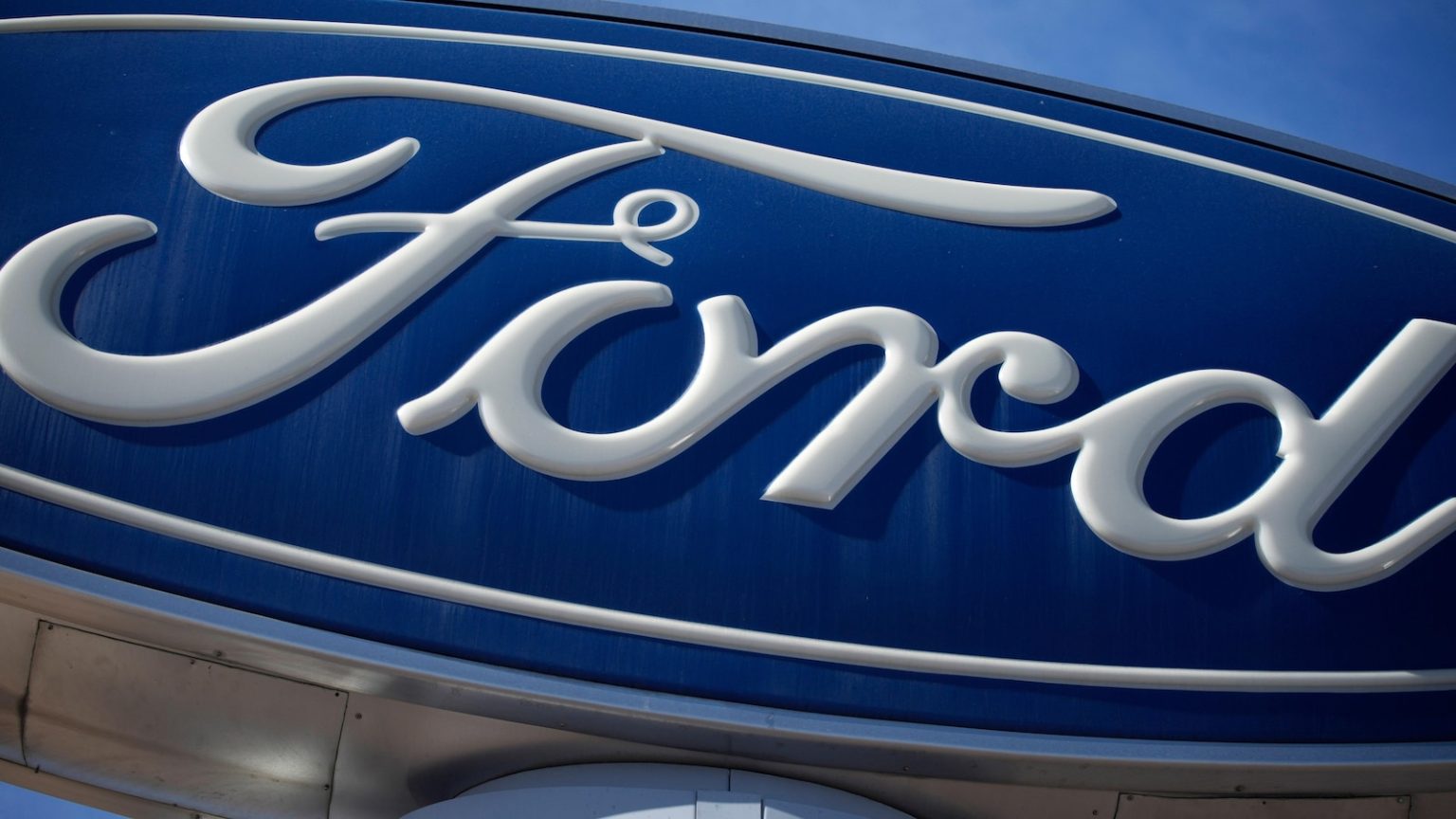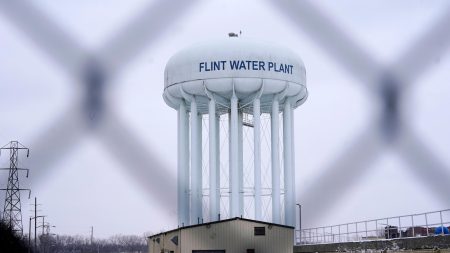Ford Issues Recall for 2020 and 2021 Explorer and Aviator SUVs Due to Seat Belt Anchor Issue
Ford Motor Company has announced a significant recall affecting approximately 240,000 vehicles in the United States. The recall specifically targets 2020 and 2021 model year Ford Explorer and Lincoln Aviator SUVs. The issue at hand revolves around improperly secured seat belt anchors, which could pose a serious safety risk to occupants in the event of a crash. The National Highway Traffic Safety Administration (NHTSA) has been involved in identifying and addressing this problem, working closely with Ford to ensure a prompt resolution.
The recall affects a substantial number of vehicles, with roughly 216,000 Ford Explorers and 24,000 Lincoln Aviators impacted. While Ford has not reported any accidents or injuries directly linked to this defect, the potential risks associated with faulty seat belt anchors are severe. A loose seat belt or buckle may fail to properly restrain occupants during a collision, increasing the likelihood of injury. This issue underscores the critical importance of seat belt safety and the need for rigorous quality control in vehicle manufacturing.
What’s Wrong and Why It Matters
The root cause of the recall lies in the improper securing of seat belt anchor bolts. These bolts are essential for ensuring that seat belts function as intended during a crash, providing crucial restraint to prevent occupants from being thrown about the vehicle or ejected. If the bolts are not tightened correctly, the seat belt system may not perform as designed, leaving passengers vulnerable to harm. The NHTSA has emphasized that even though no incidents have been reported yet, the potential for injury is too great to ignore, prompting the recall.
Ford has taken proactive steps to address this issue, demonstrating a commitment to vehicle safety and customer well-being. The company has issued recall number 25S09 for this specific problem, ensuring that all affected vehicles can be identified and repaired promptly. Vehicle safety is a top priority for automakers, and recalls like this one highlight the industry’s efforts to continuously improve and maintain high standards of safety.
How the Recall Will Be Handled
Owners of the affected Ford Explorers and Lincoln Aviators will be notified by Ford in late March. Once notified, vehicle owners are encouraged to schedule an appointment with a Ford or Lincoln dealership for a free inspection and, if necessary, repairs. Dealerships will check the seat belt anchor bolts to determine if they were properly secured during the vehicle’s assembly. If any issues are found, the components will be replaced at no cost to the owner.
This process is designed to be as convenient as possible for vehicle owners, ensuring that the necessary repairs are made without financial burden or inconvenience. Ford’s approach to handling this recall reflects the company’s customer-centric values and its dedication to maintaining trust with its loyal customer base. By addressing the issue swiftly and transparently, Ford aims to minimize any disruption to vehicle owners and ensure their continued safety on the road.
What Owners Should Do Next
For vehicle owners who receive a recall notice, the next steps are clear and straightforward. Upon notification, owners should contact a local Ford or Lincoln dealership to schedule a service appointment. It is important to act promptly to ensure that any potential risks are mitigated as soon as possible. Owners do not need to pay for any inspections or repairs related to this recall, as all costs will be covered by Ford.
In addition to contacting their dealership, vehicle owners can reach out to Ford’s customer service team for further assistance or information. Ford’s customer service hotline can be reached at 866-436-7332, and the recall number, 25S09, should be referenced when calling. For those who prefer to seek additional information online, the NHTSA website (nhtsa.gov) provides detailed recall notices, safety bulletins, and resources for vehicle owners.
Importance of Addressing Vehicle Recalls
Vehicle recalls are a critical part of ensuring road safety and protecting the well-being of drivers and passengers. While the process may seem inconvenient, recalls are issued to address potential safety hazards that could have serious consequences. In this case, the faulty seat belt anchors pose a direct threat to occupant safety, making it imperative for owners to take the recall seriously and take the necessary steps to have their vehicles inspected and repaired.
Ford’s handling of this recall serves as a reminder of the importance of staying proactive about vehicle maintenance and safety. Regular checks and prompt responses to recall notices are essential for maintaining the reliability and safety of any vehicle. By addressing this issue now, Ford is helping to prevent potential accidents and ensuring that its vehicles meet the high safety standards that customers expect.
Conclusion: Safety First
In summary, Ford’s recall of 2020 and 2021 Explorer and Aviator SUVs is a necessary step to address a critical safety issue. The improper securing of seat belt anchor bolts poses a significant risk to occupants, and Ford is taking responsible action to ensure that all affected vehicles are repaired at no cost to owners. Vehicle safety is a shared responsibility, and both manufacturers and owners play a crucial role in maintaining the safety of vehicles on the road.
For owners of these vehicles, the next steps are clear: wait for the recall notice, schedule a service appointment, and let Ford’s trained technicians handle the rest. For those with questions or concerns, Ford’s customer service team and the NHTSA’s resources are available to provide support and guidance. By acting promptly and taking this recall seriously, vehicle owners can help ensure their continued safety and the safety of their passengers.















